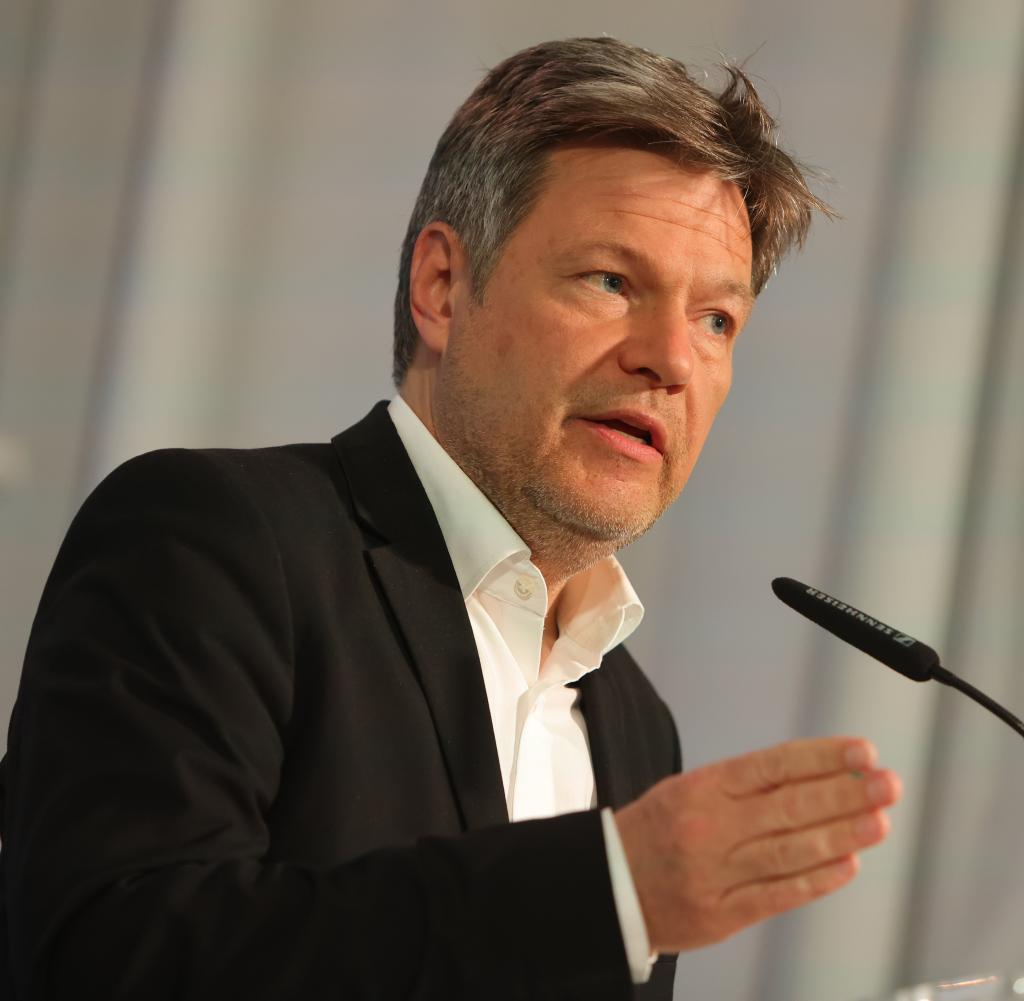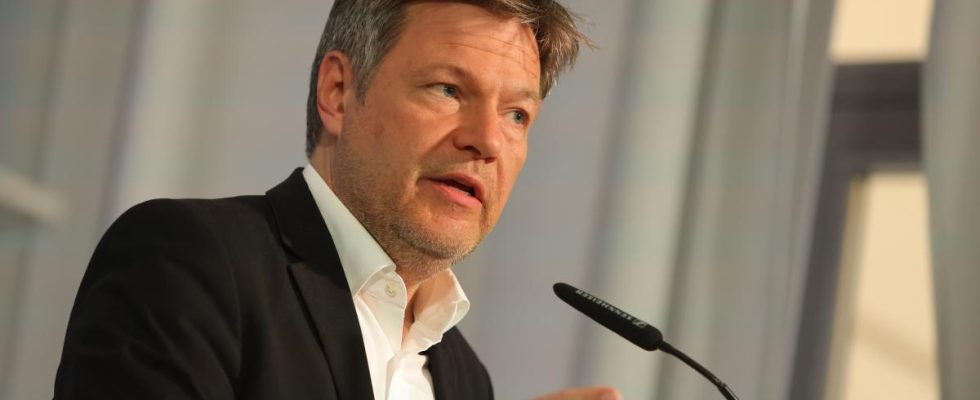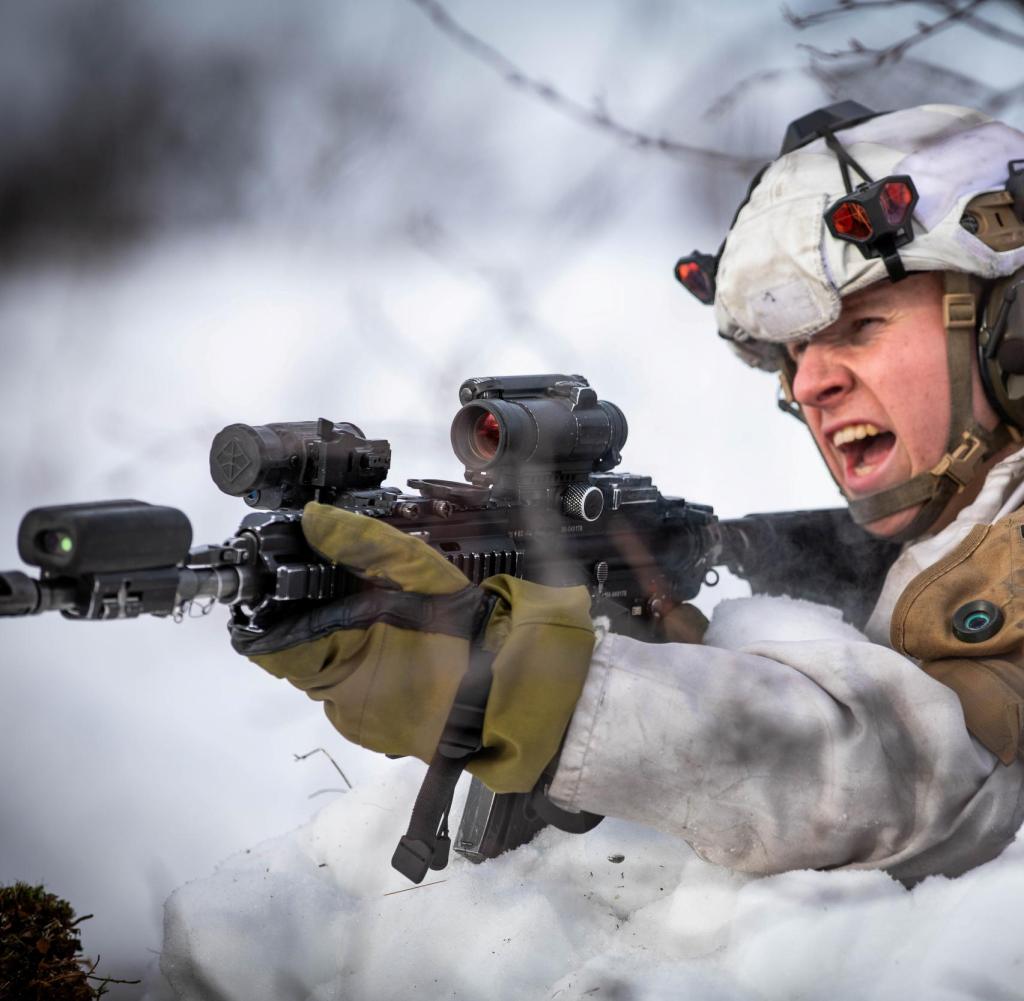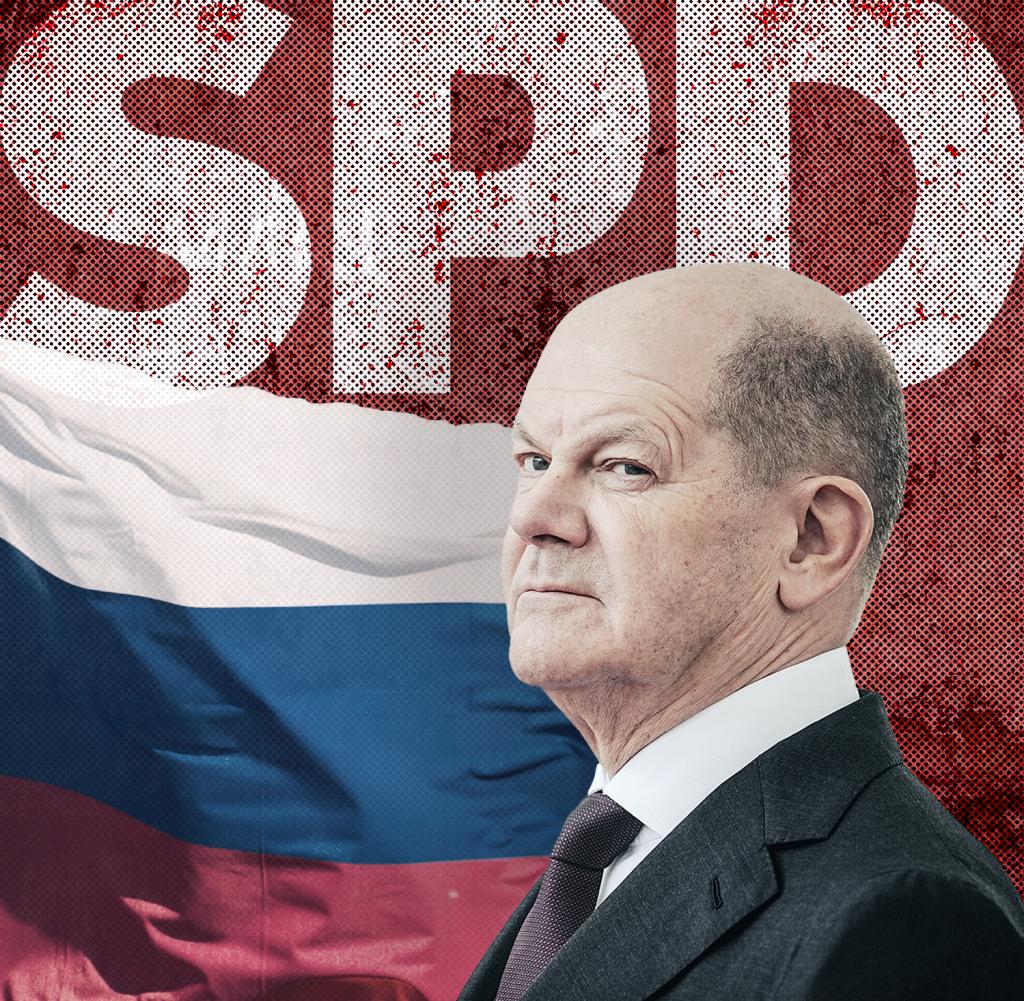Habeck defends support for Ukraine with reference to his oath of office

Economics Minister and Vice Chancellor Robert Habeck (Greens) shared a video message for Easter on Good Friday
Source: Getty Images/Michele Tantussi
In a video message at Easter, Vice Chancellor Robert Habeck expressed the fear that the war in Ukraine would continue for a long time. He defended arms deliveries to Kiev because they also served Germany’s security. And he remembered his oath of office.
EIt’s another video address that is more like a speech to the nation: Vice Chancellor Robert Habeck (Greens) shared a video message on the X platform on Good Friday in which he commented on the Russian war of aggression against Ukraine and Germany’s role in defense.
“At Easter 2024 we are far from peace,” says Habeck at the beginning of the almost ten-minute video. He has no hope for a quick and peaceful end to the war in Ukraine. “We long for peace. Yes. But the honest, bitter answer is: There probably won’t be a quick, good end, even if we wish otherwise,” he said.
Russian President Vladimir Putin’s war against Ukraine is the bloodiest that Europe has experienced since 1945. “Every day is a day of dying, and there is no end in sight. On the contrary, Putin’s Russia is completely switching to a war economy and massively increasing weapons production,” said Habeck, who is also Minister of Economics.
In recent weeks there have been arguments in Germany about the type and extent of support for Ukraine, “sometimes bitter and sometimes hurtful,” said Habeck. With his video for Easter he wanted to try to sort through the arguments and evaluate them from his perspective. “I spoke out early on in favor of supplying arms to Ukraine, and I am now also advocating that we continue to support them with more and additional military material,” said Habeck.
However, he has respect for a position that, for fundamental moral reasons or religious convictions, comes to a different conclusion than he does on the subject of arms deliveries to Ukraine. “I also understand only too well that people are afraid of an escalation of war. “I’m worried too,” said Habeck. The question is what attitude and what actions are necessary to counter this threat. The government must continually deal with this as well as with the question of when a red line has been crossed at which Germany becomes a party to the war.
Habeck argues in categories of honor, morality and oath of office
“We support Ukraine in its fight for freedom for us too,” Habeck continued. “Because Putin is fighting this freedom.” The Green politician recalled the annexation of Crimea and the occupation of parts of eastern Ukraine after the Maidan protests and the suppression of the democracy movement in Belarus. Putin wants to destroy the unification and unity of Europe, said Habeck. “If Putin succeeds in his war in Ukraine, he will continue.”
At this point, Habeck recalled the oath of office that he swore. “All members of the government swore in their oath of office to prevent harm to the German people. I as well. These are not empty words. They hold you accountable and they say three things in this debate,” said Habeck with a serious look. “First: Fear is not the final reason for a decision. Second: neither is daring. And thirdly: As much as we are bound by honor and morality, we support Ukraine not just out of solidarity or compassion, but in the interests of Germany and Europe.”
Germany and Europe would have to invest more in security and strengthen their defense capabilities. “It’s an imposition – I know that – but a necessary one,” said Habeck. The ability to protect is the imperative of this time and the political task. Habeck: “Be able to protect ourselves so that we are not open to blackmail, so that Putin does not dare to attack us.”
Habeck rejects “freezing” the war in Ukraine
The Vice Chancellor spoke out against “freezing the war”. “As much as I understand that there is talk of freezing the war given the high number of victims, this position ignores the fact that only Ukrainians can decide what price they are willing to pay and under what conditions they will reach a ceasefire or want to end the war,” he said. In addition, freezing the conflict under the Minsk Agreement did not prevent the attack on Ukraine.
SPD parliamentary group leader Rolf Mützenich (SPD) had discussed “freezing” the conflict – i.e. a ceasefire to enable a negotiated solution. He received a lot of criticism for this.
Habeck now relies more frequently on video messages on



